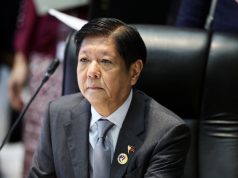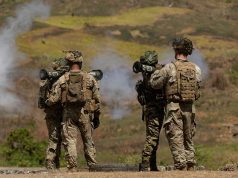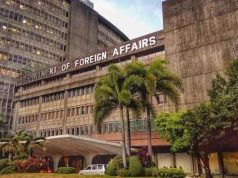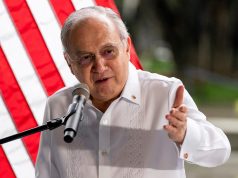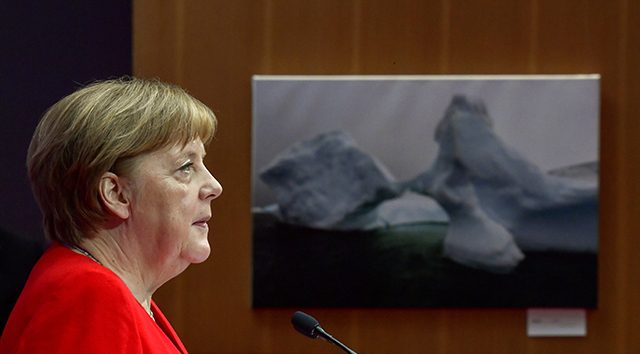
BERLIN — Days before Angela Merkel leaves for a tricky visit to Beijing, prominent Hong Kong activists have written to the German Chancellor calling her to be guided by her memories of life in dictatorial East Germany in her dealings with Beijing.
In an open letter to Merkel published in Wednesday’s Bild newspaper, activists including Joshua Wong, head of the Demosisto pro-democracy movement, said Germany should be on its guard in business dealings with China.
Hong Kong has been convulsed by months of unrest since its government announced attempts to make it easier to extradite suspects to China, a move seen as a prelude to bringing the pluralistic autonomous region more in line with the mainland.
“Chancellor Merkel, you grew up in East Germany,” Wong wrote. “You experienced at first hand the horrors of a dictatorial regime. We would like you to show the courage and determination against authoritarian and unjust regimes that inspired Germany and Europe before the end of the Cold War.”
The protesters’ cause is popular in Germany and Merkel has a tightrope to walk in distancing herself from Beijing’s crackdowns on ethnic minorities and its actions in Hong Kong while staying close to a trading partner and ally.
The two exporting powerhouses are often awkward allies in facing down the protectionist instincts of the United States under President Donald Trump, while Merkel also hopes to secure greater access to the Chinese market for German firms at a time when Germany’s 10-year upswing seems to be ending.
“Germany should be on its guard doing business with China, because China does not abide by international law and has repeatedly broken its promises,” Wong wrote in the letter, signed also by Joephy Wong and Alice Yu, artists from Hong Kong now living in Germany.
Merkel spent most of her first four decades living in the Communist eastern half of divided Germany, working as a research scientist until the end of the Cold War led to reunification in 1990.
While never one of the pro-democracy activists who took considerable risks protesting the injustice and oppression of the Soviet-backed regime, she has described its collapse, which allowed her subsequent entry into democratic politics, as the most important turning-point in her life.—Reporting by Thomas Escritt, editing by Ed Osmond




